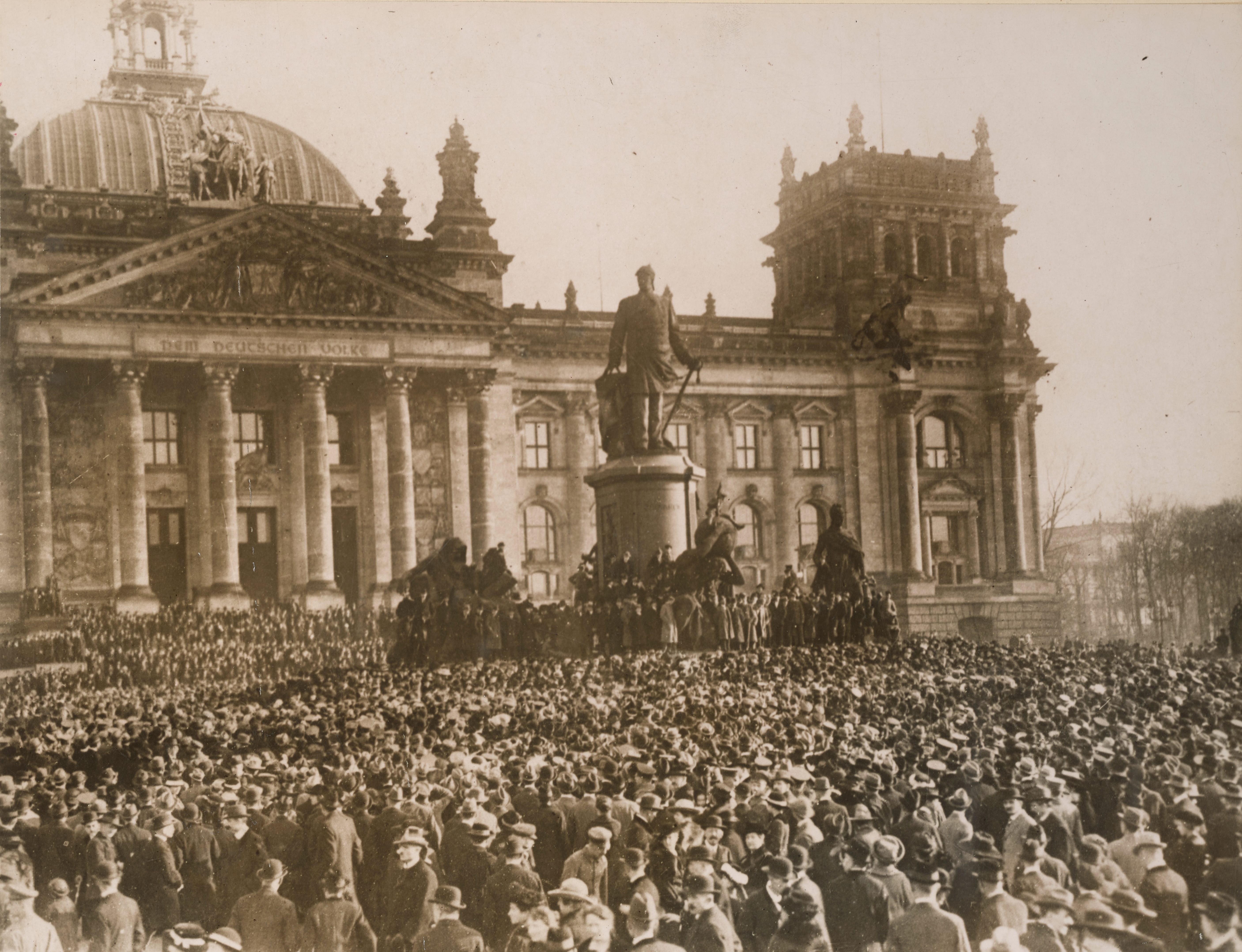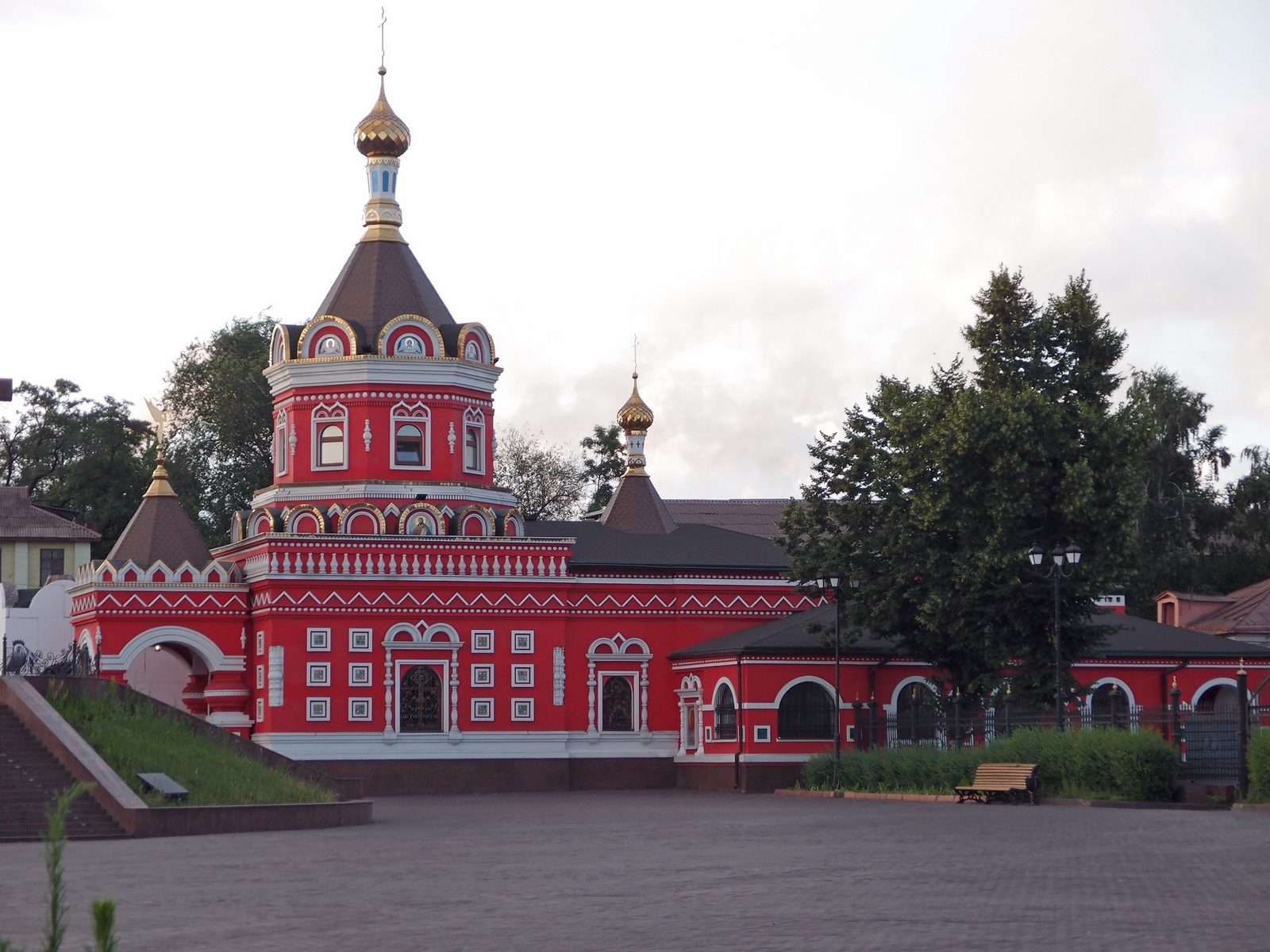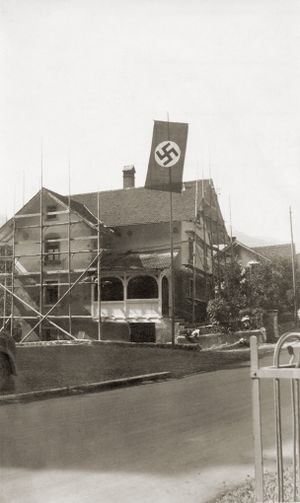Description
The German revolution of 1918–1919, also known as the November Revolution, was an uprising started by workers and soldiers in the final days of World War I. It quickly and almost bloodlessly brought down the German Empire, then, in its more violent second stage, the supporters of a parliamentary republic were victorious over those who wanted a Soviet-style council republic. The defeat of the forces of the far left cleared the way for the establishment of the Weimar Republic. The key factors leading to the revolution were the extreme burdens suffered by the German people during the war, the economic and psychological impacts of the Empire's defeat, and the social tensions between the general populace and the aristocratic and bourgeois elite.







